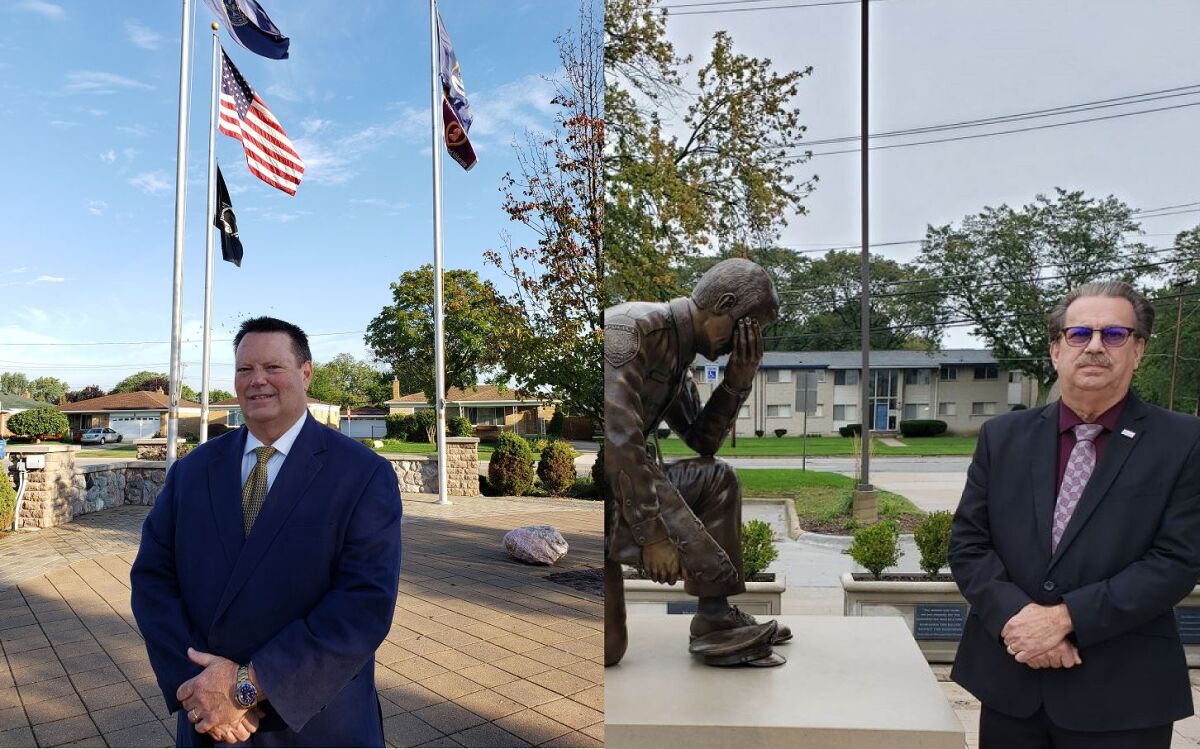WARREN — The case pitting Gary Boike against Patrick Green was presented in Macomb County Circuit Court on March 6 before Judge Julie Gatti. The crux of the matter is whether Green, the Warren City Council’s president, has exceeded his tenure and should be replaced by Boike, or if he can continue his term and complete his service on the council through November 2023.
The roots of Boike’s challenge stretch back to 2016, when Green was elected to the Michigan House of Representatives after serving two complete four-year terms and one partial term of a little more than one year on the City Council. Green returned to the council in 2019, winning the election with the most at-large votes, which made him the city’s mayor pro tem.
At issue is the partial term of more than a year, and whether it amounts to Green now exceeding the city’s term limits for municipal elected officials.
The Warren City charter states that City Council members are limited to the greater of three complete four-year terms or 12 years.
Both sides cited the charter for proving their case; however, their interpretations are vastly different.
Each legal team told the Warren Weekly what they would like to see happen in this case.
“We are asking the judge to enforce the term limits and grant an order that would say Mr. Green is no longer eligible and Mr. Boike is now the City Council member in his seat,” said Boike’s attorney, Lawrence Garcia, of the Miller Canfield law firm.
“We ask the court to grant our motion for summary disposition, to put an end to this case,” said Green’s attorney, Jeffrey Schroder, of the law firm Plunkett Cooney. Further, Schroder said, “We are expecting and hoping that the court will uphold the will of the people from the 2019 election and let Mr. Green serve his term.”
In his argument, Garcia said: “The most important thing, there is a term limit stated in Warren’s charter that no one should be eligible for more than the greater of three complete terms or 12 years. Those are synonymous concepts, because the current term of a council member is four years.
“There is nothing in the language that would rule out the concept of midterm vacancies,” Garcia added.
Further, Garcia said, “The term is set at four years. Section 4.2 does not give council the power to overrule the charter’s term limits. They cannot overrule the 1998 election on term limits.”
“The language reads clearly to avoid absurd outcomes,” Garcia said. “The term limitation was the law of the land.”
In his argument, Schroder said: “Our position is there is not a 12-year hard cap on service. It is the greater of three complete terms or 12 years. Patrick Green served a little over one year, call it a partial term, call it an incomplete term in office. We are saying that the charter says that term does not count for the term limits.”
Schroder added, “Much like the state constitution does not count partial terms. The state constitution has specific wording about if you serve greater than half a term, then it counts as a full term. But the Warren charter does not have that language.”
In his rebuttal, Garcia said: “The language of the words selected are important. We don’t want to read words into the proposal that are not there.”
He added: “But we can take note of words that are left out. Such as we see in the state constitution. That clearly anticipates midterm vacancies and rules them out. There is no such language in this ballot proposal. Therefore, the possibility of midterm vacancies has to be recognized and given full effect.”
Garcia asked the court for a timely decision.
“Time is of the essence because the partial term that we’re fighting for here will be over in November,” Garcia said.
“I will get you an opinion quickly,” said Gatti. “I do understand your point. Time is of the essence. I won’t leave you waiting too long.”
 Publication select ▼
Publication select ▼























